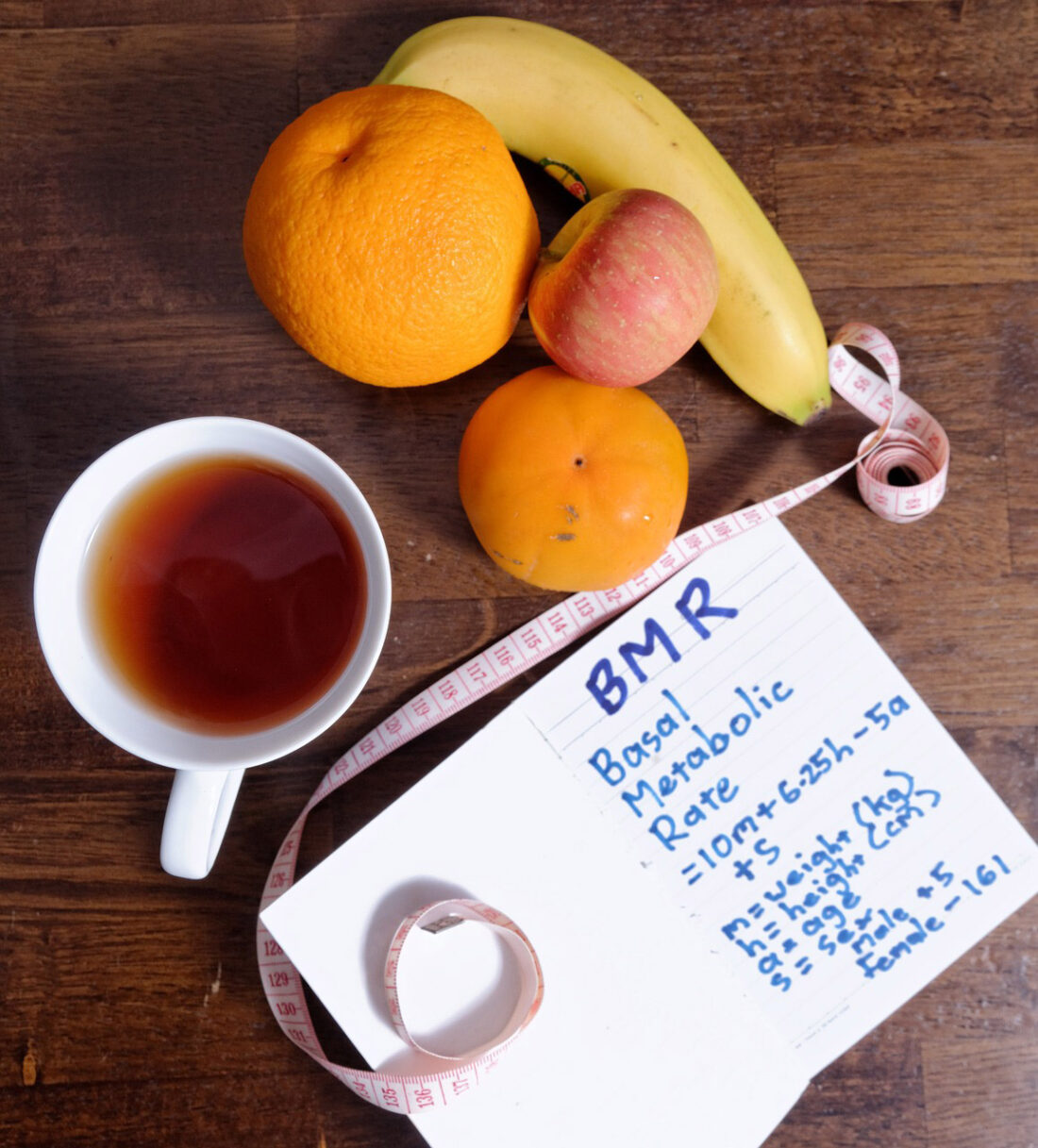 As you age, you may find it harder and harder to maintain a healthy weight, and if you struggle with unwanted pounds, it becomes more challenging to shed them. You can take care of what you eat, count calories, but still, the struggle for a perfect body may not be effective. Where to look for the cause? If we rule out possible diseases, the reason is your metabolism.
As you age, you may find it harder and harder to maintain a healthy weight, and if you struggle with unwanted pounds, it becomes more challenging to shed them. You can take care of what you eat, count calories, but still, the struggle for a perfect body may not be effective. Where to look for the cause? If we rule out possible diseases, the reason is your metabolism.
We often hear the confusing “if you go to the toilet frequently, you have a fast metabolism.” These two things are not necessarily connected – they may or may not be related. After all, it is possible to suffer from diarrhea due to bacterial overgrowth of the gut and have a low metabolic rate. Metabolism is primarily an indicator of how our body uses calories for fuel, not how often you have to go to your toilet.
Metabolism changes just as your body does. Some studies suggest that after the age of 20, the metabolic rate slows down by several percent with each passing year. Remember that your body changes due to your lifestyle – if you exercise, you can enjoy a good metabolism and thus a better figure for many years. However, if you eat ice cream and chocolates – your weight will unfortunately increase, and the metabolic rate will drop.
You certainly know some people who do not exercise, eat fast food, and yet have a slim body. Yes, that’s their metabolism responsible for their appearance, but instead of envying them, you can take matters into your own hands and work on boosting your metabolism. Here are the most useful tips on how to do this:
Table of Contents
Stay Hydrated!
Adequate fluid intake is of great importance when it comes to metabolism. It’s not just water that boosts your metabolism. Coffee and tea are also recommended, but they should only be consumed in moderation. However, nothing can replace water, the effectiveness of which has been proven in one study, where after drinking 2 glasses of water (500 ml), the metabolic rate increased by as much as 30% in the next 10 minutes!
Water can flush all toxins out of the body, which is especially useful when you like to smoke marijuana from time to time, and spontaneous drug tests are performed in your workplace. Fluids can speed up your metabolism, but if you’re not sure if you can get clean on time, use synthetic urine.
Control What You Eat
When it comes to food control, you might think – you need to eat less. However, this wouldn’t be the best idea. You should eat enough, but in proportion to your activity levels throughout the day.
If you eat too little, your body will receive a signal to slow down your metabolic rate concerning the calories you consume. Then the “safety mode” is activated, like the brakes in a vehicle, which will reduce the metabolic rate, and you will stop burning fat. Due to the body’s insufficient nutrition, you may also experience greater fatigue, drowsiness, and irritability than before.
Use Spices
Let’s focus on food a little more. It’s not just what you eat and whether you do it regularly. Research shows that very spicy foods can temporarily increase your metabolism. If you like spicy food and don’t struggle with heartburn, you could reach for spices. The best would be:
- Cinnamon – a warming spice that stabilizes blood sugar levels and helps digestion. You should consider drinking hot infusions with cinnamon bark.
- Ginger – the oil in ginger can help you if you suffer from digestive disorders. It stimulates the secretion of saliva and gastric juices.
- Turmeric – the main component of turmeric – curcumin – has a positive effect on the functioning of the liver as it supports the formation and secretion of bile, which is involved in the digestion of consumed fats.
Proper Training
You don’t have to sweat for hours in the gym to see the results. One of the most studied activities in terms of putting your body into fat-burning mode is HIIT (High-Intensity Interval Training). All you need to do is choose an intense exercise (e.g., jumping jacks, burpees, or sprinting) and do it several times, with little breaks in between. This will ensure an increase in post-exercise oxygen consumption (EPOC) by the body, which will translate into an increase in metabolic rate within a few dozen hours after exercise!
Quality of Sleep
There is a link between sleep and metabolism. A long and healthy sleep speeds up and regulates your metabolism. The body releases growth hormones and melatonin while you sleep. Lack of it, in turn, promotes the increase in cortisol levels – a stress hormone that increases appetite and worsens carbohydrate metabolism, which makes it difficult to maintain a healthy weight.
Conclusion
The speed of digestion depends on several factors. The most important ones include age and the condition of the digestive system. Over time, its ability to metabolize food quickly decreases significantly, but regardless of whether you are a young or an older person, you can ensure that your metabolic rate stays at decent levels. Thanks to physical activity, healthy eating, and quality sleep, you can effectively boost your metabolism!







